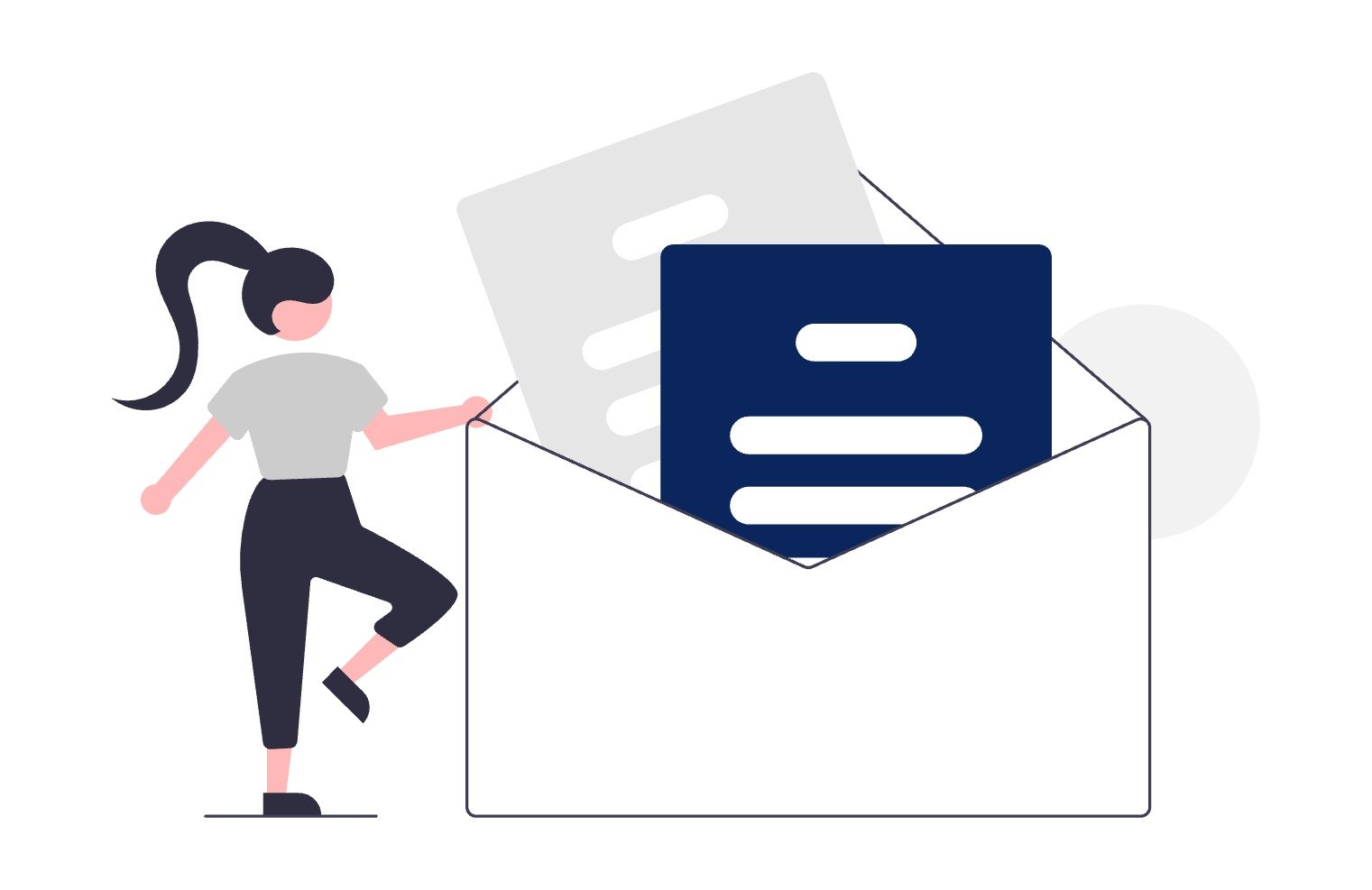Currently Empty: ₹0.00
The Impact of AI-Generated Content on SEO Rankings 2025
Problem
Search Engine Optimization (SEO) has always been a moving target. What worked five years ago might now get you penalized. Google and other search engines continuously evolve their algorithms to prioritize relevance, authority, and user experience. One of the most disruptive forces in content creation today is artificial intelligence (AI). AI-generated content has flooded the internet, offering businesses a fast, scalable way to produce articles, product descriptions, blog posts, and more. AI-Generated ContentBut this innovation comes with a pressing concern: how does AI-generated content affect SEO rankings?
With increasing volumes of content generated by AI tools, SEO professionals and marketers are faced with a critical question: Can AI-written content rank well on Google, AI-Generated Content,or will it be flagged as low-quality? More importantly, can businesses rely on AI-generated content to boost traffic and visibility,AI-Generated Content or will it damage their credibility and authority in the long run?
To address this, we must examine real-world outcomes, algorithmic shifts, and the evolving guidelines from major search engines.
Agitation
Imagine investing in hundreds of AI-generated blog posts, hoping to climb the SEO ladder, only to find your traffic flatlining or even dropping. Worse yet, Google might penalize your domain for thin or spammy content, setting back months of effort. It’s not just theoretical. This has happened to real websites.
Take the case of “FinanceFuel,” a mid-sized personal finance blog. In Q4 of 2023, the company adopted a popular AI writing assistant to scale content production.AI-Generated Content , Within two months, they published over 150 new blog posts, covering everything from credit card reviews to budgeting tips. The initial metrics looked promising. Organic impressions rose by 28%, and click-through rates jumped.
But by January 2024, the situation flipped. Their domain authority dropped slightly, and more critically, their top-performing pages started sliding down the search engine results pages (SERPs). Traffic to cornerstone articles dropped by 35% compared to the previous quarter. The blog’s editors soon realized that their rapid expansion had triggered red flags in Google’s algorithm.
Digging into the details, they found
- Several posts had near-identical sentence structures and keyword stuffing.
- Dwell time per article decreased, signaling lower user engagement.
- Comments and shares declined drastically, showing a lack of human resonance.
Google’s Helpful Content Update, launched in late 2022 and refined throughout 2023, prioritizes content created for people by people. This algorithm update specifically targets pages that seem designed to game search rankings rather than serve readers. AI content that lacks original insights or appears mass-produced often falls into this trap.
This highlights a fundamental tension: AI can write quickly, but it often lacks the depth, nuance, and authority that human writers bring. When quality and authenticity take a back seat, SEO suffers.
Solution
So, does this mean AI-generated content has no place in an SEO strategy? Not at all. The key is how it’s used.
Let’s go back to “FinanceFuel.” After reassessing their content approach, they adopted a hybrid model. AI handled the first draft—structuring articles, suggesting headers, and populating basic facts. Then, human editors stepped in to add value. They included
- First-hand financial tips based on personal experience
- Expert quotes and industry data
- Updated links to trustworthy sources
- More conversational tone adjustments to improve engagement
By Q2 of 2024, the blog began to recover. Not only did rankings stabilize, but several posts hit the featured snippet box. Their bounce rate improved by 18%, and their average session duration increased by nearly 30 seconds. The blend of AI efficiency and human insight made their content both scalable and trustworthy.
This case underscores a few important lessons for businesses looking to leverage AI content without hurting SEO:
1. Prioritize E-E-A-T (Experience, Expertise, Authoritativeness, and Trustworthiness):
Google uses E-E-A-T to evaluate the quality of content. AI lacks real-world experience and personal expertise. Therefore, it’s crucial to insert human elements that demonstrate authority and reliability.
2. Avoid Mass Production Without Oversight:
Publishing hundreds of AI articles with minimal editing can tank your reputation. Algorithms are getting better at spotting patterns that suggest automation.
3. Focus on User Intent and Value:
Use AI to answer real user questions thoroughly. Avoid vague or generic responses. Enhance with visuals, tables, and citations.
4. Monitor Metrics Closely:
Track changes in traffic, bounce rate, dwell time, and engagement. These signal whether your content is meeting user needs.
5. Stay Updated with Algorithm Changes:
Google rolls out updates regularly. The March 2024 Core Update, for example, further emphasized authenticity and penalized over-optimized, low-value pages.
What the Data Tells Us
Beyond individual case studies, broader data paints a clear picture. According to a 2023 Semrush study analyzing over 10,000 web pages:
- Pages with fully AI-generated content had a 19% higher bounce rate on average
- Human-edited AI content saw 52% more organic traffic than unedited AI content
- Websites combining AI and human editing had 34% longer average session durations
Another interesting case came from “AutoInsights,” a niche car review site. They used AI to generate outlines and intro paragraphs, while their expert writers filled in reviews and performance insights. Within six months, they doubled their organic keyword footprint and secured 11 new backlinks from authority domains.
This approach illustrates that AI isn’t a silver bullet but a tool. Used wisely, it enhances SEO. Used carelessly, it damages it.
Realistic Tips to Use AI Content Without Hurting SEO
1. Always Edit and Humanize:
AI writes efficiently but without human empathy. Use your voice, add storytelling, and insert commentary—these nuances make a big difference.
2. Use AI for Structure, Not Final Drafts:
Let AI suggest H2s, outlines, or generate rough ideas. Flesh out the rest with authentic insight and data.
3. Integrate Multimedia and Rich Snippets:
Add infographics, videos, FAQ sections, and schema markup to enrich AI-generated posts.
4. Build Topical Authority:
Ensure your content clusters around core themes. Use internal linking to guide users and show expertise.
5. Conduct Regular Content Audits:
Identify underperforming AI pages. Update them with new information, better formatting, and human input.
6. Be Transparent:
Mention if AI helped in drafting. Readers appreciate honesty, and it can build trust when done correctly.
Conclusion
AI-generated content isn’t inherently bad for SEO. In fact, when paired with human oversight and strategy, it can significantly enhance your content game. But it’s not a shortcut. Google is more sophisticated than ever, and it rewards depth, originality, and user-first thinking.
Blindly publishing AI content without refinement can set you back. But leveraging AI to save time while enriching the output with personal insights and quality checks? That’s the winning formula.
So, if you’re using AI to produce content, ask yourself:
- Is this providing real value?
- Would I read and trust this if I landed on it?
- Does it sound like it came from someone who knows what they’re talking about?
1. If the answer is yes, then you’re using AI right.
Remember, SEO is about earning trust—both from users and search engines. AI can help you do that, but only if you use it responsibly.
2. Can material produced by AI rank on Google?
Yes, but only if it satisfies quality requirements.
Content that was created by AI is not penalized by Google. The content’s originality, usefulness, and alignment with E-E-A-T (experience, expertise, authoritativeness, and trustworthiness) are what count. It is unlikely to do well and might even be reported if AI content is mass-produced without human editing or offers no genuine value.
3. Is AI-generated material detectable by Google?
Patterns common to AI-generated text can be identified by Google.
Google’s algorithms are becoming more adept at identifying keyword stuffing, generic language, and a dearth of unique ideas. Low-effort AI content typically performs poorly since it assesses content based on user signals and quality measures, even though it might not explicitly “flag” AI use.
4. Does content produced by AI qualify as “duplicate content”?
- Not always; however, if reused incorrectly, it may turn into a duplicate.
- The results can be almost the same if several websites employ the same AI tools with comparable prompts and little tweaking. That may lead to problems with duplicating material and harm SEO. Always make changes and add something special.
5. How can AI be used most effectively for SEO content?
- AI should be used for drafting, not for publishing.
- Tasks like outlining, coming up with title ideas, and writing initial drafts can be greatly accelerated by AI.
- However, in order to meet SEO and branding objectives, the final material should always be examined, revised, and improved by a human.
6.How dangerous is it to post too much content about AI?
- Rankings may drop following Google changes. How can I make AI-generated content better for search engines?
Here are some important pointers: - Include case studies, personal anecdotes, or real-world examples.
- Make use of appropriate on-page SEO structure and internal links.
- Add multimedia, such as pictures, films, or infographics.
- Maintain a conversational and approachable tone.
7.Is it acceptable to state that AI helped create the content?
Nowadays, a lot of publications include a disclaimer stating that the text was human-edited and AI-assisted. It demonstrates integrity and accountability, particularly in delicate fields like medicine, finance, or law.
Google Ads vs. Facebook Ads: Which is Better for Your Business?
Email Marketing Strategies That Actually Work 2025 : A Friendly GuideHow to Start a Blog and Earn Money in India 2025 : A Step-by-Step Guide







